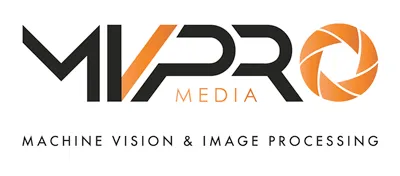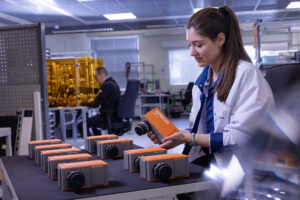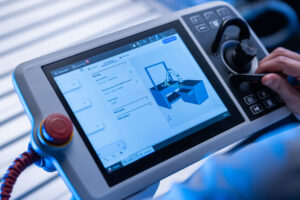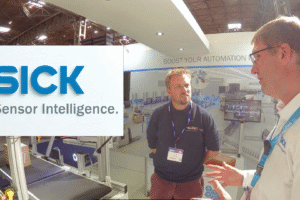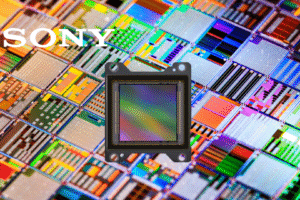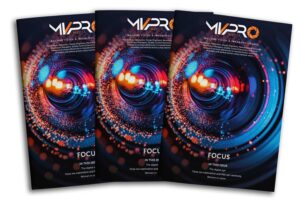The Open Industry 4.0 Alliance is now working together with the Labs Network Industrie (LNI) 4.0 e.V. – a fast-growing network of more than 45 renowned test centres and roughly 300 companies throughout Germany. The two industry associations are cooperating closely, especially on testing implementations.
The LNI 4.0 test the most diverse industry 4.0 topics in their practical application across more than 120 use cases and five large testbeds. As part of their partnership, the Open Industry 4.0 Alliance and the LNI 4.0 are leveraging their collaborative synergies to test implementations of Industry 4.0 use cases for medium-sized businesses.
The collaboration between the two associations is expected to lead to significant scaling in the implementation of industrial transformation across Germany and Europe. The LNI 4.0 brings its numerous test labs and its five large test beds to the table. The existing overlap in members – major players in the manufacturing, electronics and software industries in Germany that participate in both organisations – is a great advantage for the scaling of transformation projects.
“Standards alone won’t make implementation happen,” explained Ricardo Dunkel, Technical Director of the Open Industry 4.0 Alliance. “That’s why we expect cooperation with the LNI 4.0 and the use of its test beds for our joint members to lead to the best possible implementation results for our members’ end customers.”
“We expect that our joint work on use cases will increase the potentiation of digital transformation implementation for our members by a factor of five to ten,” said Anja Simon, CEO of LNI4.0. “We can test many different Industry 4.0 application scenarios and do so in a neutral and pre-competitive way for both communities.”
The two organisations intend to focus their collaboration on three key areas:
- Edge Management: small and medium-sized enterprises can test the range of different edge solutions via a neutral exchange and testing platform.
- Digital Twin: providing the technical basis and application scenarios for the digital twin, based on the Asset Administration Shell (AAS).
- Data Spaces: this includes collaboration to meet the stipulations of the EU Data Act, which requires comprehensive alignment in terms of data sovereignty (identity and access management), as well as coordination with standardisation organisations, such as Catena-X (automotive) and Gaia-X (EU level).
Also, stay up to date with the most recent machine vision and image processing news right here on MVPro Media.
